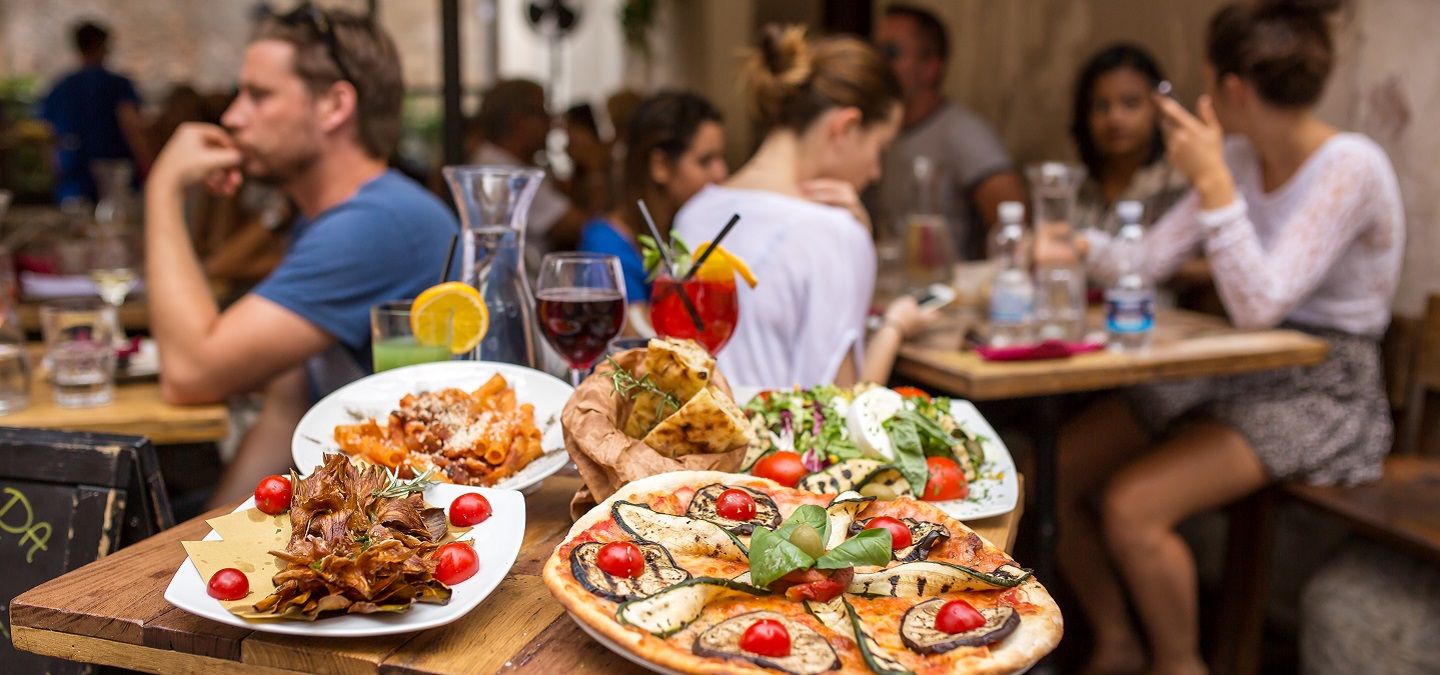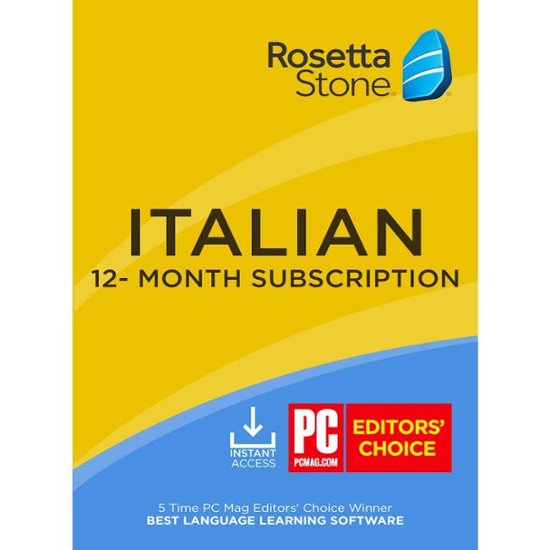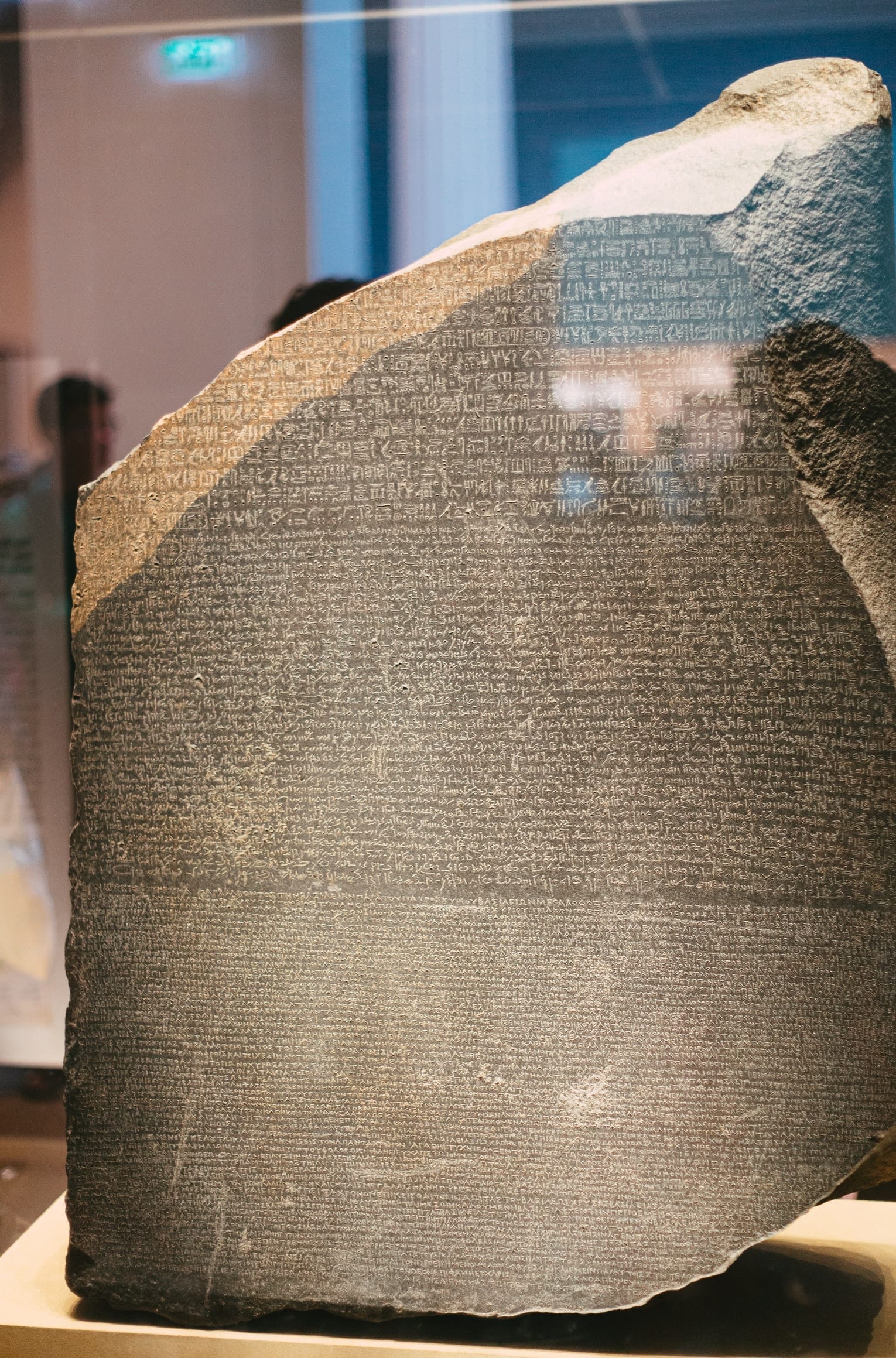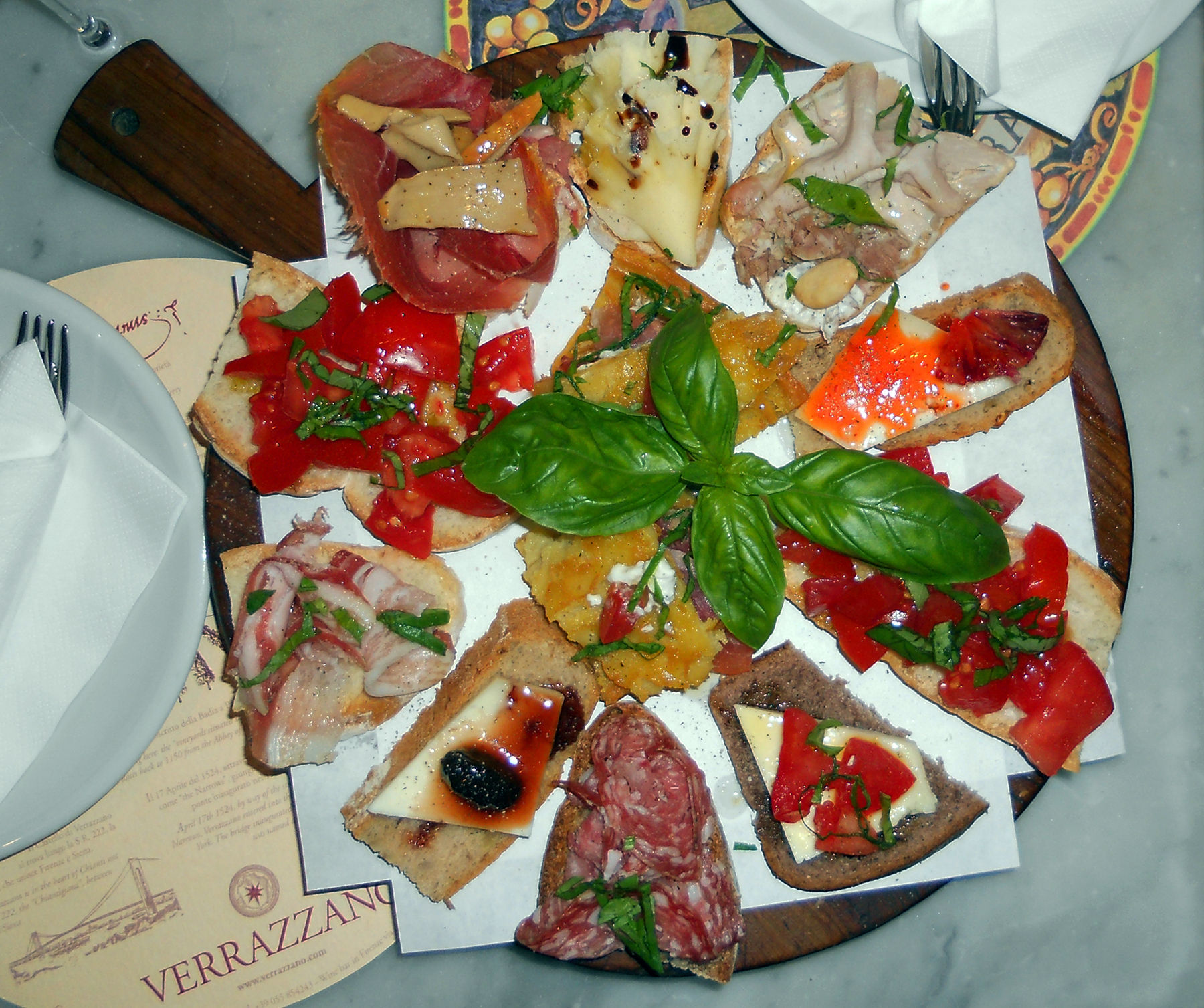Rosetta Stone V4 Italian Level 1, 2, & 3 London Drugs

Rosetta Stone Italian, Level 1 [OLD VERSION] 794678006470 eBay
How to Say Nice in Italian. If you want to say "nice" in Italian, the right word is going to be extremely contextual. Simpatico/simpatica, bello/bella, piacevole, gentili/gentile, and sottili/sottile all have their place. For instance, if you want to say "Be nice to your friends," you would say " Sii gentile con i tuoi amici .".

The 17 BEST ITALIAN FOODS and Drinks To Try in Italy in 2023
After you have learned basic Italian words and phrases, you can move onto learning the longer phrases that make up so much of everyday conversation. Rosetta Stone's digestible,10-minute lessons are built to help you learn in exactly this way—structuring vocabulary acquisition in context with real-world situations.

Why I'm Learning Italian with Rosetta Stone Learning italian, Rosetta
Surround yourself with Italian whenever, wherever with the Rosetta Stone app . Download a unit and knock it out on the train or a flight. Select a 5-10 minute lesson and sneak it in while you wait in line or for your ride to show up. And explore dynamic features, like Seek and Speak, where you can point at an object in the real world and get a.

Rosetta Stone Learn UNLIMITED Languages with 1 Year access Italian
Rosetta Stone is probably the most well known language learning course on the market. It has its share of praise and critics. Typically some beginners like the way the courses softly introduce you to a new language, and leave you with a good foundation in grammar and vocabulary. The critics of Rosetta stone often point out its slow pace, price tag, and inability to develop your speaking skills.

Baked at Rosetta Stone Broadsheet
From second language to second nature. Rosetta Stone taps into your brain's innate ability to learn new languages so you feel comfortable with everyday communication. The best way to pick up a new language is to immerse yourself. We help you learn quickly through everyday scenarios, interactive activities, and audio from native speakers.

Learning Italian With Rosetta Stone How You Can Also Dana Berez
Rosetta Stone has a language learning program that scales carefully towards speaking Italian like a local, with immersive, practical exercises built around the following language learning strategies. 1: Practical Phrases The most important Italian phrases to learn are the ones you'll need in everyday life. From buying a train ticket to.

13 Revealing Facts about The Rosetta Stone Fact City
Whatever your motivation is for taking on Italian, you should absolutely consider a language-learning program built with your goals in mind. Rosetta Stone designs language-learning programs build confidence in speaking and understanding Italian. Whether you're a beginner or an intermediate Italian speaker looking to advance your fluency, we.

OLD FASHIONED ITALIAN "ROSETTA BREAD ROLLS" MANGIA MAGNA Biga Recipe
Address: 2723 E Cumberland St, Philadelphia, PA 19125. Mail: [email protected]. Phone: 215-829-1465. Hours: Tues-Sun 4p-10p. Welcome to Il Ghiotonne Italian Restaurant located in Philadelphia, PA. We're excited to share with you our story, special menu, and new location. Looking for authentic Italian food nearby.

IS ROSETTA STONE ITALIAN SOFTWARE RIGHT FOR YOU? Find out Rosettastone
113. If you're planning a trip to la bella Italia (beautiful Italy)—or maybe even living there as an expat or digital nomad—you'll want to get your Italian holidays straight to properly join in on the festivities! Or perhaps to avoid the crowds. After all, Italy has 12 public holidays, about 7 state commemoration days, and around 25 celebratory days, including some international.
Rosetta Stone V4 Italian Level 1, 2, & 3 London Drugs
Learning Italian Is Easy. At Rosetta Stone, it's our mission to help you find success in your language learning adventures. Whether you're just beginning to learn Italian or have been practising for a while, we help make it easy to pick-up new words, expressions, grammar, and more.

Rosetta Stone Italian Italiano Level 1, 2 & 3 CDs for PC and Mac
How The Rosetta Stone Italian Program Works. From a high level, there are 20 learning units within the Rosetta Stone Italian course that cover all sorts of different thematic topics (e.g. travel, dining, hobbies).. Then within each learning unit, there are typically four lessons that break down further into four sections - you have a core lesson, which takes around 30 minutes to complete.

Very Good In Italian Rosetta Stone
If you want to say "good evening" in Italian, you would generally use "buona sera.". Later at night would be "buona notte" (good night), while earlier in the afternoon/day would be the classic "buongiorno" (good morning/day). There are also other expressions, both formal and informal, like "ciao," which you likely already.

Rosetta stone totale companion mc3005 caribbeantews
Located amidst Chicago's finest entertainment venues and steps away from the heart of the Loop, Rosetta Italian features one of the largest outdoor patios in the city. Embark on a culinary journey at Rosetta Italian in our stunning indoor dining space, or outdoors on the piazza!

Why I'm Learning Italian with Rosetta Stone Learning italian, Rosetta
If you want to say "girl" in Italian, you would say "la ragazza.". Want to say "boy" instead? Then use "il regazzo.". The plural of each is "i regazzi" (the boys) and "le regazze" (the girls). The ins-and-outs of Italian nouns and pronouns are pretty straightforward. After all, you probably already know many Italian.

Why I Love Eating in Italy by Rick Steves
Italian for Beginners. written by Rosetta Stone January 9, 2021. We all know that Italian is the language of love, but it's also among the most useful languages to learn. Italy is a key location for business across all of Europe. And with a notable presence in cuisine, automobiles, and fashion, it's not only an asset for personal growth and.

Learning Italian With Rosetta Stone How You Can Also Dana Berez
As we said, Rosetta Stone is probably one of the most popular Italian courses. In general, the course is pretty fun and keeps you motivated. As you learn the vocabulary, you feel like you are making real progress. And this helps you develop a learning habit. Rosetta Stone is aware of the fact that no one really likes grammar, so she won't.